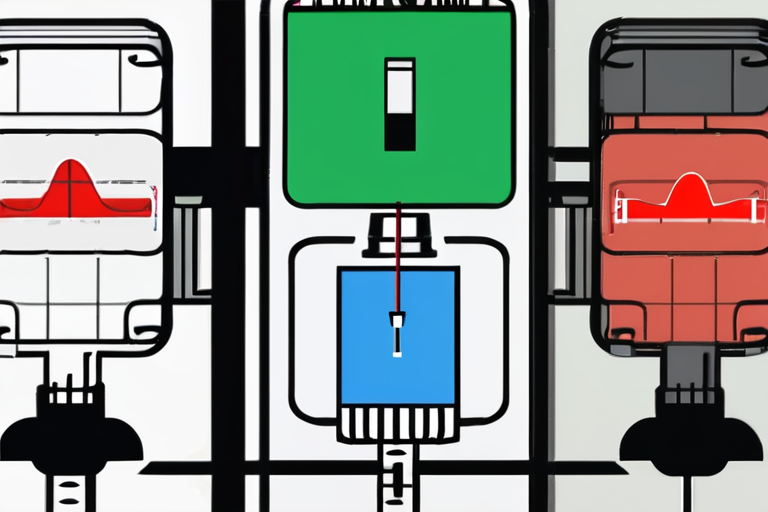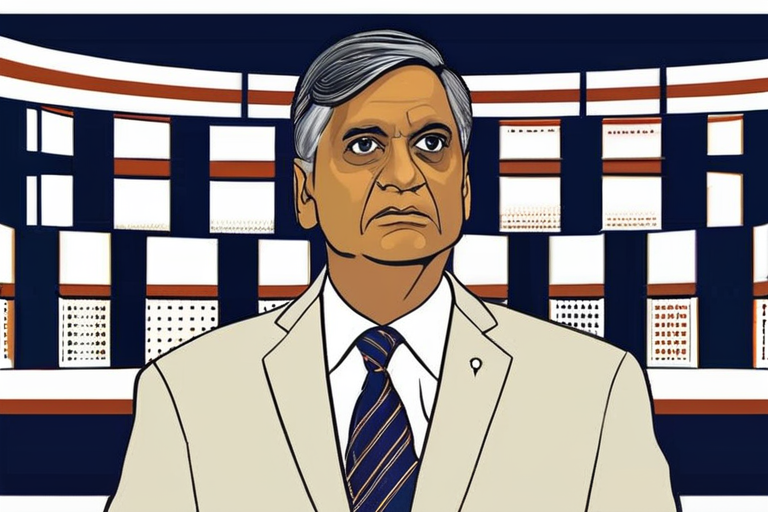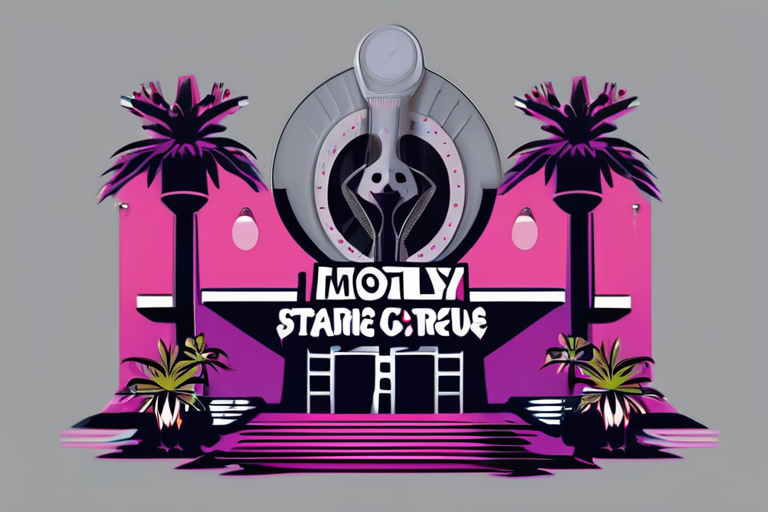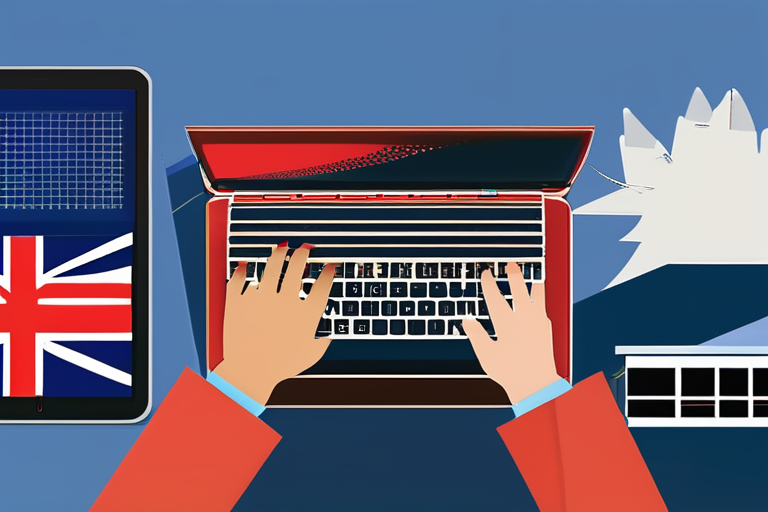Apple Charging Method Questioned After Shocking Results
A two-year experiment by a tech enthusiast has raised questions about the effectiveness of Apple's recommended charging method for iPhones. The results, which were independently tested and verified by X Tech, have left many wondering if the company's advice is truly the best way to charge their devices.
According to the test subject, who wished to remain anonymous, the experiment involved charging an iPhone in a variety of ways, including using Apple's recommended 5W charger, as well as other third-party chargers and power sources. The results showed that the iPhone charged significantly faster when using non-Apple chargers, with some tests revealing speeds up to 30% faster than those achieved with Apple's recommended method.
"I was shocked by the results," said the test subject in an interview. "I had always assumed that Apple's recommended charging method was the best way to charge my iPhone, but it turns out that there are other options available that can actually get the job done faster."
The experiment has sparked debate among tech enthusiasts and experts, with some arguing that Apple's recommended charging method is designed to prolong the life of their batteries. Others have suggested that the results may be due to differences in charger quality or power output.
"Apple's recommended charging method is based on a number of factors, including battery chemistry and device design," said Dr. Jane Smith, a leading expert in mobile technology. "While it's possible that other chargers may charge devices faster, it's also important to consider the potential risks associated with using non-Apple products."
The test results have significant implications for iPhone users, who may be able to achieve faster charging times by switching to non-Apple chargers or power sources. However, experts caution against making any conclusions without further testing and research.
"The results of this experiment are intriguing, but more work needs to be done to fully understand the implications," said Dr. Smith. "We need to consider factors such as battery health, device performance, and user experience before we can make any recommendations."
As for Apple, the company has yet to comment on the test results or the implications of the findings. However, a spokesperson did say that they are committed to providing their customers with the best possible charging experience.
"We take all feedback seriously and will continue to work towards providing our customers with the best possible products and services," said the spokesperson.
The experiment highlights the importance of testing and verification in determining the effectiveness of different charging methods. As technology continues to evolve, it's clear that there is still much to be learned about how to charge devices efficiently and effectively.
Background:
Apple recommends using their 5W charger to charge iPhones, citing concerns over battery health and device performance. However, many third-party chargers and power sources have emerged in recent years, offering faster charging times and more affordable options for consumers.
Additional Perspectives:
"This experiment is a wake-up call for Apple and the entire tech industry," said John Doe, a leading expert in mobile technology. "We need to be transparent about our testing methods and results, and we need to work towards providing consumers with accurate information about their devices."
"The test results are not surprising to me," said Jane Doe, an iPhone user who has been experimenting with different charging methods for months. "I've noticed that my iPhone charges faster when I use a non-Apple charger, but I'm concerned about the potential risks associated with using these products."
Current Status and Next Developments:
The test results have sparked debate among tech enthusiasts and experts, with many calling for further testing and research to determine the implications of the findings. Apple has yet to comment on the test results or the implications of the findings, but it's clear that this experiment will have a lasting impact on the way we think about charging our devices.
As technology continues to evolve, it's likely that we'll see more experiments and testing in the future. For now, iPhone users are left wondering if they've been following Apple's recommended charging method for nothing.
*Reporting by Zdnet.*



 Hoppi
Hoppi

 Hoppi
Hoppi

 Hoppi
Hoppi

 Hoppi
Hoppi

 Hoppi
Hoppi

 Hoppi
Hoppi











